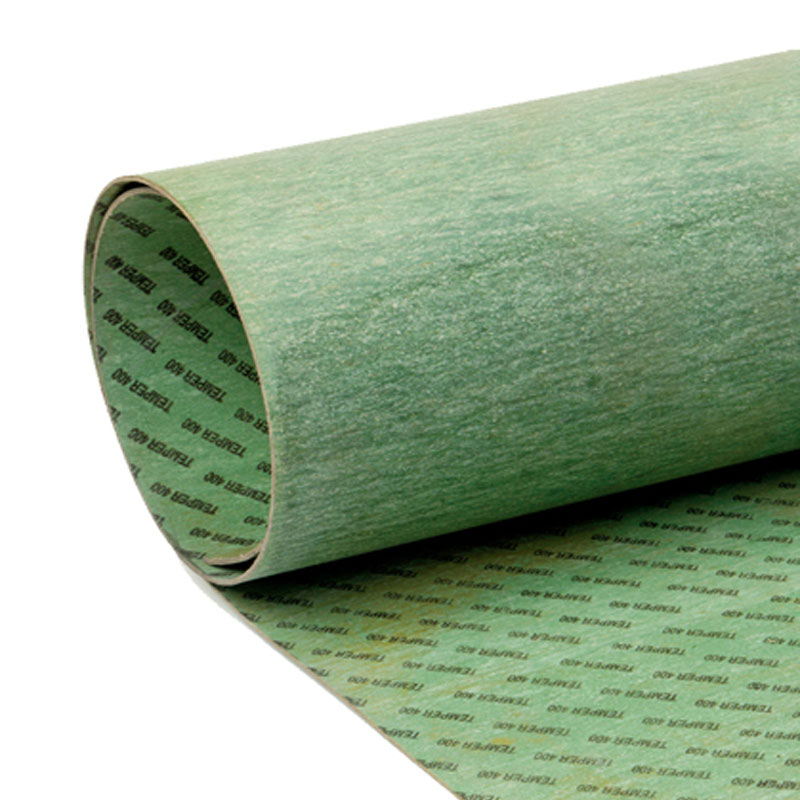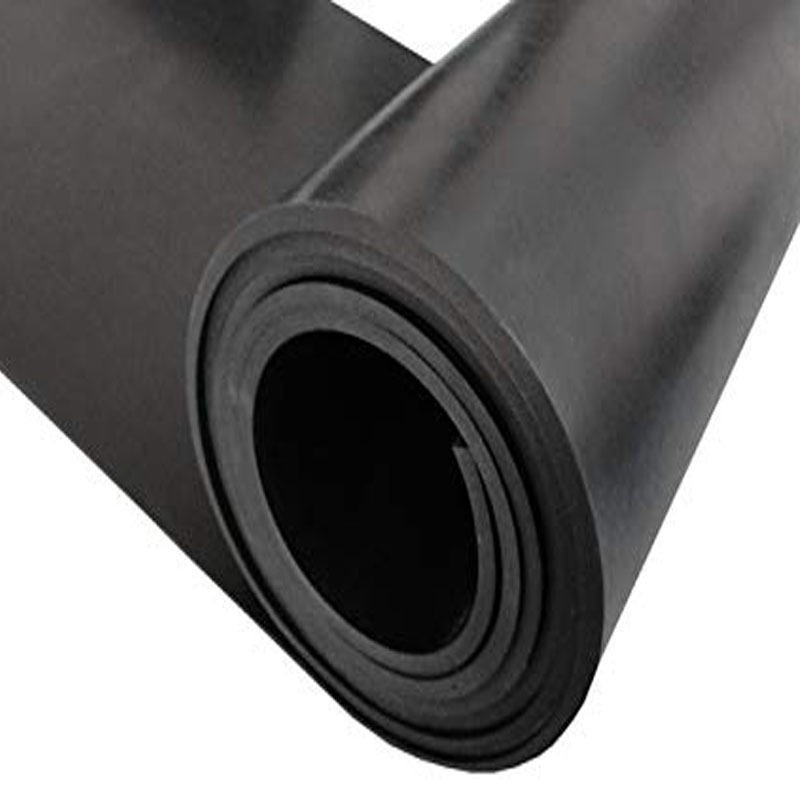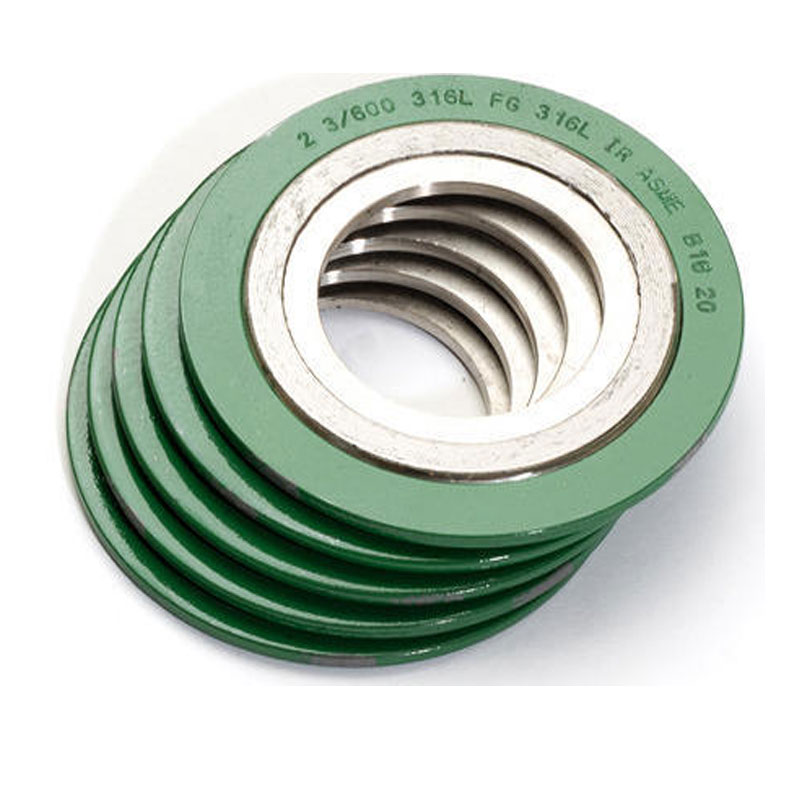Gaskets
- Home
- Product Range
- Gaskets
Gaskets
Gaskets are crucial components in various industries, playing a vital role in ensuring the proper functioning of machinery and equipment. These often-overlooked devices are designed to create a seal between two or more surfaces, preventing the leakage of fluids or gases. Gaskets come in different shapes, sizes, and materials to suit the specific requirements of different applications.
Types of Gaskets:
Flat Gaskets: Simple and cost-effective, flat gaskets are used in applications where the mating surfaces are relatively smooth.
Ring Gaskets: Commonly used in flanged connections, ring gaskets are circular and fit inside the bolt circle. They are often used in high-pressure applications.
Spiral Wound Gaskets: Comprising a mix of metal and filler material, spiral wound gaskets are ideal for applications with high temperature and pressure variations.
Rubber Gaskets: Made from materials like neoprene, EPDM, or silicone, rubber gaskets are flexible and provide excellent sealing properties.
Metal Gaskets: Constructed from materials like stainless steel or copper, metal gaskets are suitable for high-temperature and high-pressure applications.
Key Functions of Gaskets:
Fluids and Gases: Gaskets are primarily used to create a tight seal between two surfaces, preventing the leakage of liquids or gases. This is crucial in applications where containment is essential, such as in pipelines, automotive engines, and industrial machinery.
Vibration Dampening: Gaskets can help absorb vibrations and shocks in machinery. This is particularly important in automotive applications and heavy machinery where vibrations can lead to wear and tear.
Thermal Insulation: Some gaskets are designed to provide thermal insulation, preventing the transfer of heat between components. This is critical in applications where temperature control is vital, such as in engines and industrial processes.
Electrical Insulation: In electronic and electrical applications, gaskets are often used to provide insulation, protecting components from dust, moisture, and other contaminants.
Compensation for Surface Irregularities: Gaskets compensate for irregularities in the mating surfaces of components. Even in well-machined parts, microscopic imperfections can exist, and gaskets help to ensure a proper seal.
In conclusion, while gaskets may be small components, their impact on the efficiency, safety, and reliability of machinery and industrial processes is significant. Choosing the right type of gasket for a specific application and ensuring its quality is a crucial aspect of engineering and maintenance practices in various industries.



